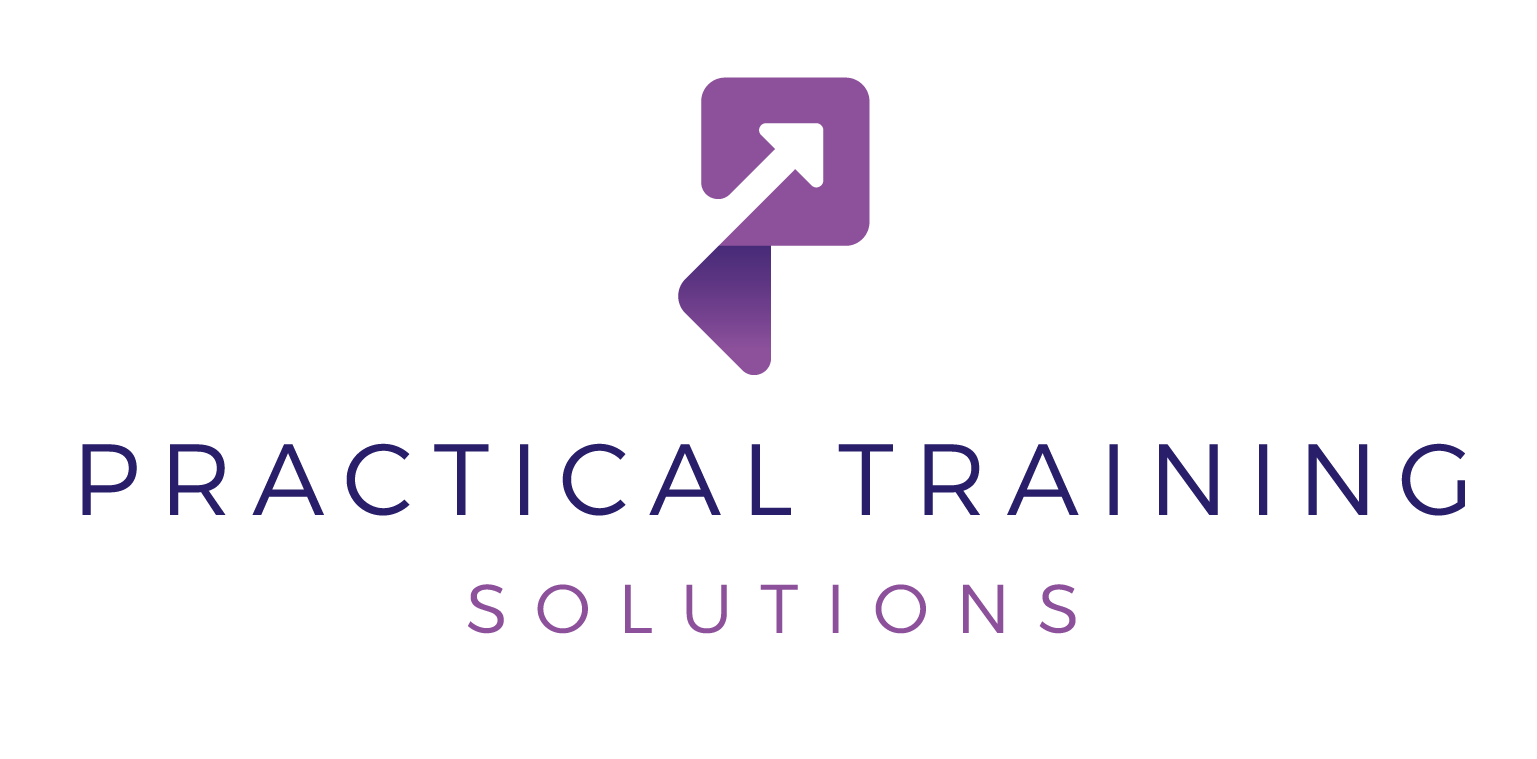It’s that time again as a manager and leader, you’ve been summoned on ‘training’. You may have been sent an invite to your inbox out of the blue to attend training without consultation which clashes with your busy schedule; you may not know the reason why you have been asked to attend training and have not had a single conversation about your development; you sense the inevitable ‘sheep dip’ training exercise looming and you have no clue what value this is going to add to you and your to do list just keeps growing. Sound familiar?
Yep, this is something I have experienced myself and have heard and seen this from many managers and leaders I have trained over the years and the reason this happens can be multifaceted. The truth is most training is usually organised with wanting the best possible outcome so the disconnect between wanting people to learn and develop, and the lack of communication and buy in may not be intentional. But we still want training to work and add value, right?
I’m always fascinated when I see reluctance from managers and leaders to attend training and here are my top reasons why this happens:
Lack of time – Most managers and leaders are incredibly busy either dealing with the latest crisis, or not getting on top of their day job, they see training as a distraction from this.
Ego and control – Some managers may feel threatened by training, particularly if it involves acknowledging areas where they could improve and worry that training will undermine their authority or reveal weakness. It also doesn’t help if a manager has been ‘told’ to go on training. In fact, if you achieve buy in and managers recognise where this will genuinely add value you have half a chance of achieving the opposite.
Lack of communication – no one has told them what the training is aiming to achieve, or consulted with them on whether it’s the right time or what else they have on their plate. They have just been told to turn up, so they may feel the training is some sort of punishment, not a great starting point for engagement.
Past bad experiences – There is a lot of training out there that is not very good and just presents theory and concepts which may leave a manager thinking ‘this is all lovely, but what is the point?!’ if a manager has had a bad experience in the past they may be hesitant to attend in the future, particularly if they see no real value.
Short term focus – Managers under pressure to produce short-term results may prioritise immediate tasks over long term development. They may fail to see the long-term benefits of investing in training.
Fear of change – Some training may involve changing ways or working or adopting new processes or was of thinking, naturally if there is no buy in, managers can be resistant to this.
Do as I say not as I do – Many senior leadership teams recognise that new and middle managers need training, but they are not prepared to attend or address their learning needs themselves. It’s the classic ‘do as I say not as I do’ and it does not work. This causes a disconnect and can contribute to resentment and lack of buy in
Other stuff going on – reluctance may be isolated to just one or two people at any given time, so the reluctance may not be anything to do with poor communication or lack of buy in, they may have other things going on outside of work which means it genuinely isn’t the right time for them to adopt new ways of thinking or learn.
So, you may have nodded along to the above reasons for reluctance, but what can you do about it:
- Consult with the business. Genuinely identify the learning needs required and look more holistically in terms of where the business is at, what are their key challenges and how we can align management and leadership development programmes to the organisation’s strategic objectives. And ask the right questions.
- Involve all managers and leaders in the planning process. Explore with them their concerns, problems, development needs to help foster ownership and buy in.
- Offer something of value. Recognise how busy managers are and offer them solutions and tools to help them with solve their problems that can have a powerful impact on their day jobs.
- Involve the Senior Leadership team. To avoid the ‘do as I say not as I do’ trap and where relevant ensure you have explored development at all levels including development for the Senior Leadership Team.
- Communicate effectively: Show that you have listened to the concerns of managers and leaders and keep them involved in all stages of the design and execution of your learning programme. Surprises and lack of notice don’t go down well!
- Respond to concerns. Don’t just offer a one-day training course that HAS to be face to face because you want everyone to be in person as surely everyone learns that way. Recognise that learning doesn’t have to be a one-off event and offer flexible and accessible learning solutions to support your manager’s learning and genuinely offer something of value that they are more likely to turn up to and engage with.
- Get feedback. If training isn’t working and engagement is poor, don’t just assume you know the reason why, ask the right questions and get to know the root cause of that, so you can put steps in place to improve your training available.
- Plan and evaluate. Always know what you are hoping for training to achieve, identify what success looks like and how are you going to measure the success of that. A bum on a seat doesn’t necessarily equal a high-quality learning experience, it’s the impact and the results that are important.
At Practical Training Solutions we get all of the above, we genuinely care, and we can offer the flexibility you need. Get in touch with us today as we’d be delighted to have a chat. Please either click on the book a call button, take a look at our courses or email us at: enquiries@practicaltrainingsolutions.co.ukhttps://practicaltrainingsolutions.co.uk/our-courses/
#learninganddevelopent #managementdevelopment #leadershipdevelopment #HR





